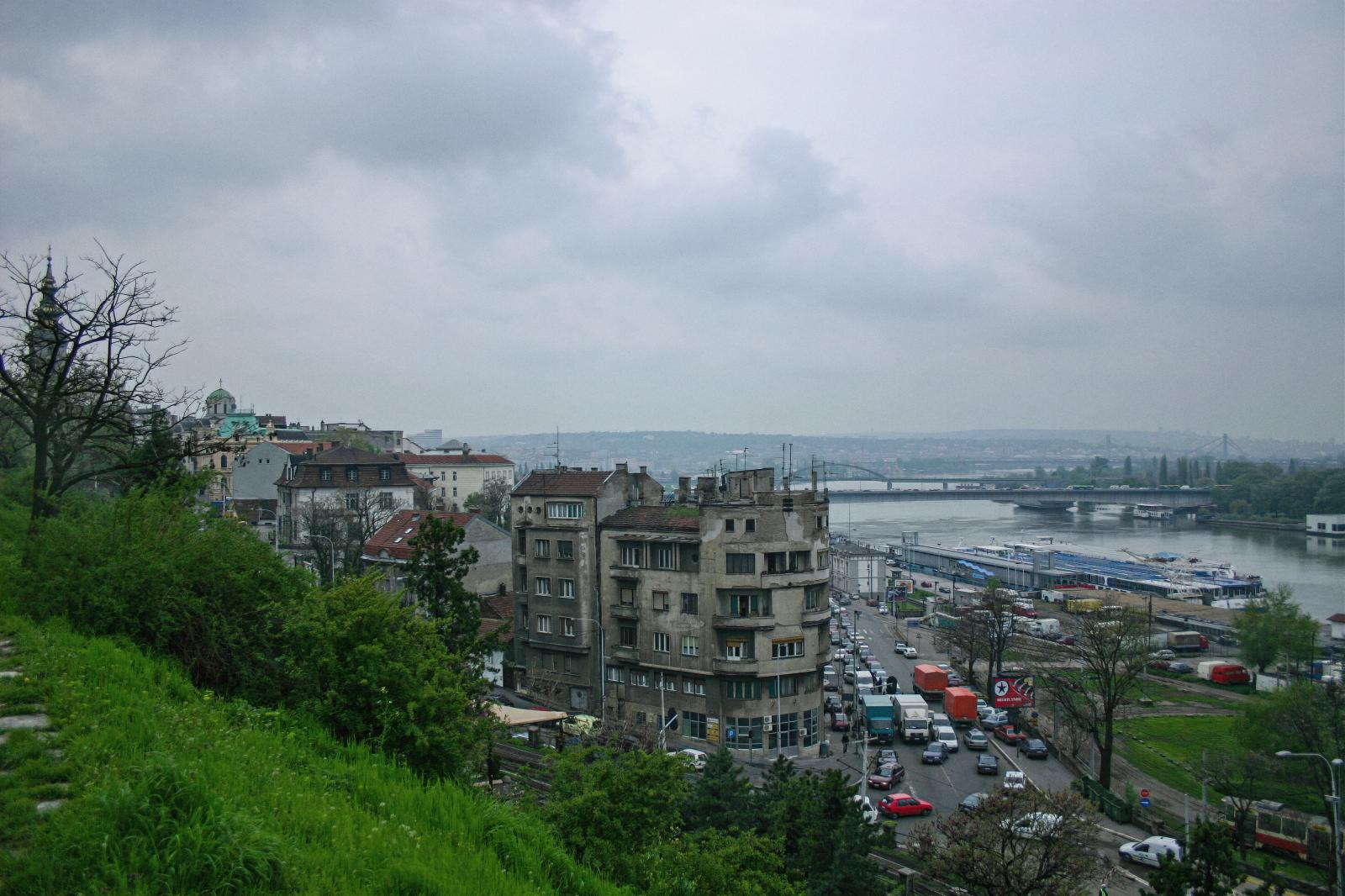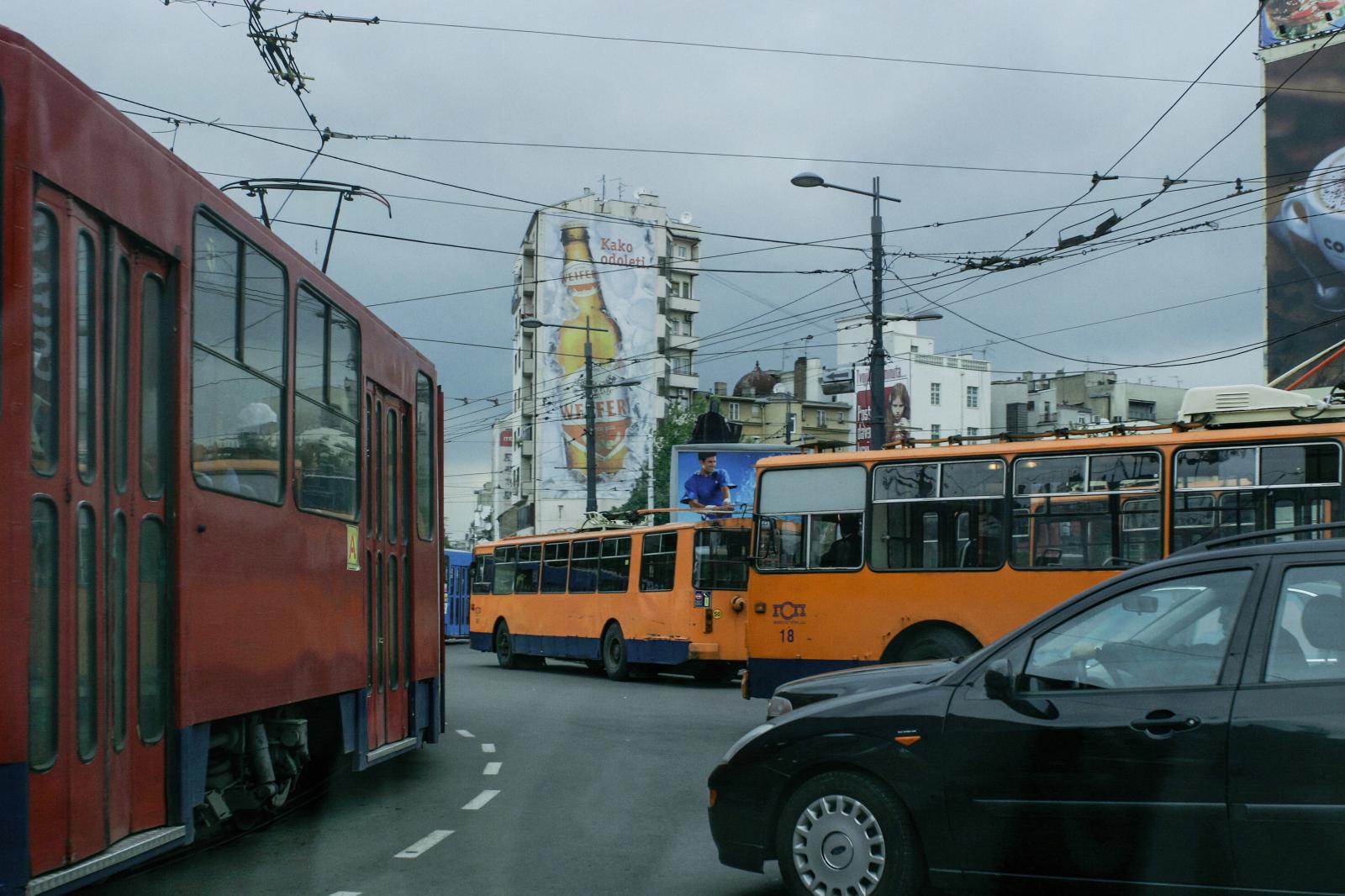Public Project
Serbia, 30 years from Yugoslavia
The macro-conflict ended with the NATO bombing of Belgrade in 1999 in retaliation for the Muslim massacre of Srebrenica, despite the agreements of Peace of Dayton, signed 3 years earlier with the mediation of the United States. The war conflict left more than 130,000 fatalities and millions of refugees, resulting in the current division of extint Yugoslavia into 7 nations, although Kosovo, scene of conflicts since its self-proclamation in 2008, has not been recognized internationally.
With a deeply rooted identity, Serbia has not wanted to adhere to any foreign project, a spirit that has endured since the time of Tito, who at the end of World War II ruled Yugoslavia with its own communist system, distanced from Stalin's USSR and more open. towards the West, known as "self-management socialism", which gave the nation years of prosperity and progress, acquiring such international prominence that Yugoslavia led the Alliance of Non-Aligned Countries during the Cold War, a period in which it sought to foster understanding between the United States and the USSR. To this day, that spirit is still valid since Serbia does not belong to the European Union, the euro zone or the Schengen area.
In the country there are still traces of the war that struck it in the 90s, with which the population, accustomed to suffering the horrors of war (it was also bombed by the Luftwaffe in 1941) and living between economic crises and tensions policies, coexists with striking naturalness, while the country opens its doors to capitalism, although it is not difficult to perceive a certain skepticism and mistrust regarding the future.
Photographer Malaga, Spain
4,652
























